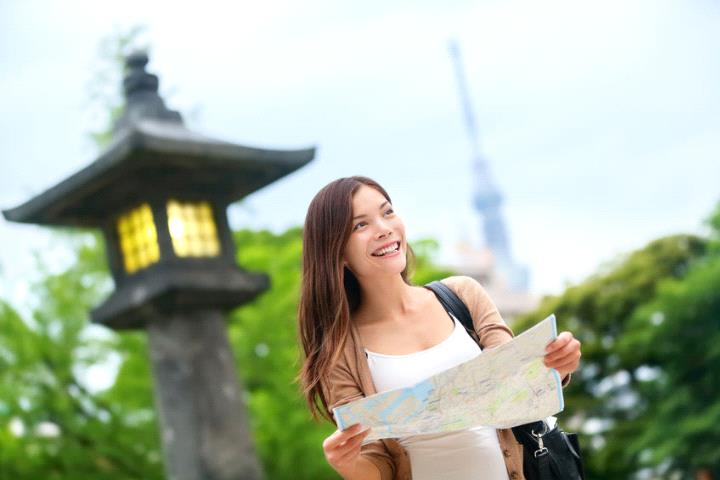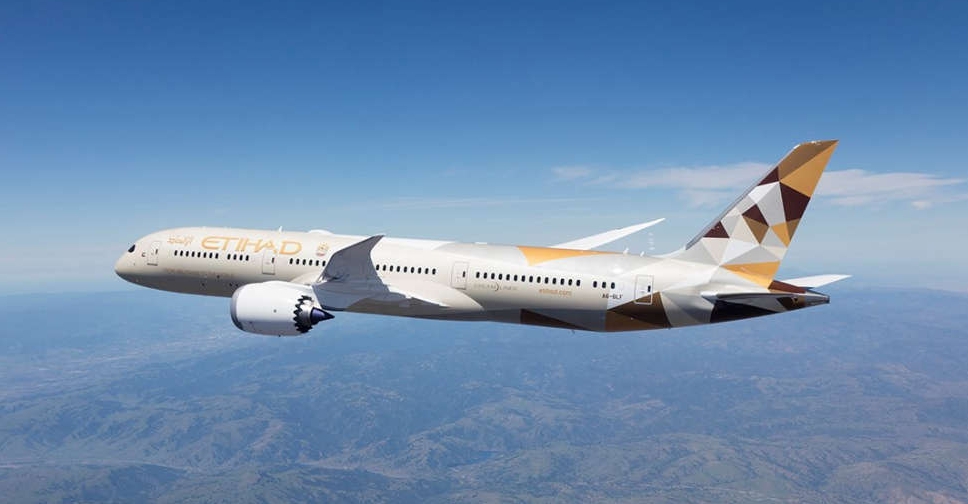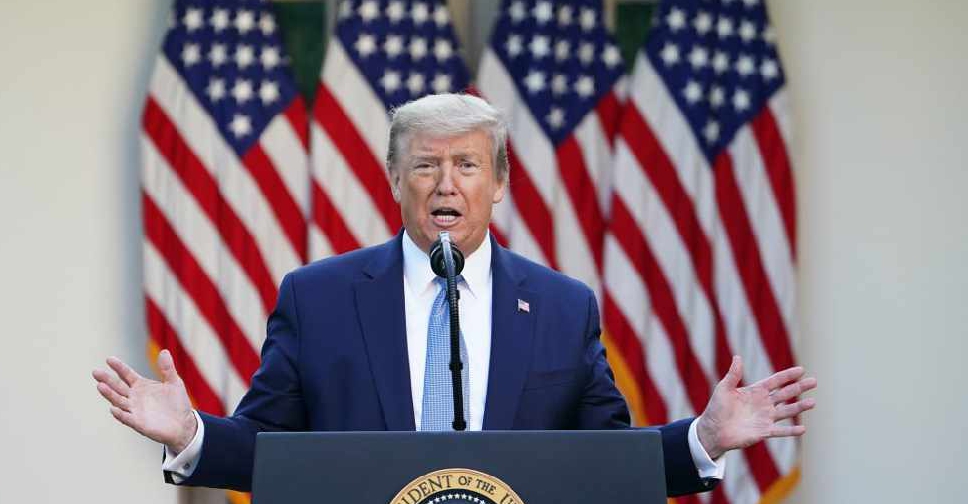
The spending power of Chinese tourists in Japan is so impressive there’s a special word for it: bakugai, or explosive buying. While the soaring yen this year has threatened to curb their enthusiasm, the latest figures from the Japan National Tourism Organization show that 731,400 Chinese visitors flocked to the country in July, a monthly record. What also emerges from a detailed look through tourism data is the growing importance of young women travelers, the popularity of Japanese cosmetics, and waning sales of electronic goods as the quality of Chinese-made products improves. “Chinese consumers are starting to buy electronic goods domestically," said Yoko Hayano, a senior consultant at JTB Tourism Research & Consulting Co. in Tokyo. The stronger yen and higher customs levies faced by Chinese tourists when they go home may reinforce this trend. Also behind this shift in buying patterns is a large number of women travelers in their 20s and 30s, who accounted for more than 40 percent of all Chinese tourists in the second quarter of this year, according to the Japan Tourism Agency. More than half of Chinese tourist come in on trips of four to six days and travel the so-called golden route that links Tokyo, Mount Fuji, Kyoto, and Osaka. “It used to be the common notion among us Chinese that Japanese electronics are superior, but I think Chinese products are just fine nowadays," said Liu Yi, a 36-year old housewife from Hubei Province. “It’s Japanese cosmetics and health-care supplements that are very nice," said Liu, as she lined up for opening time outside the Mitsukoshi department store in Tokyo’s Ginza shopping district. As incomes keep rising in China, Japan can count on its larger neighbor remaining the key to the health of its tourism industry. Liu, who was on her first visit to Japan, traveled with her daughter and mother-in-law. If statistics are any guide, they may be back. Bloomberg



 Disney settles suit over women's pay for $43 million
Disney settles suit over women's pay for $43 million
 Etihad Airways adds ten new destinations for 2025
Etihad Airways adds ten new destinations for 2025
 Trump pledges new tariffs on Canada, Mexico, China
Trump pledges new tariffs on Canada, Mexico, China
 UAE and Bahrain finalise ICV programmes procedures
UAE and Bahrain finalise ICV programmes procedures

